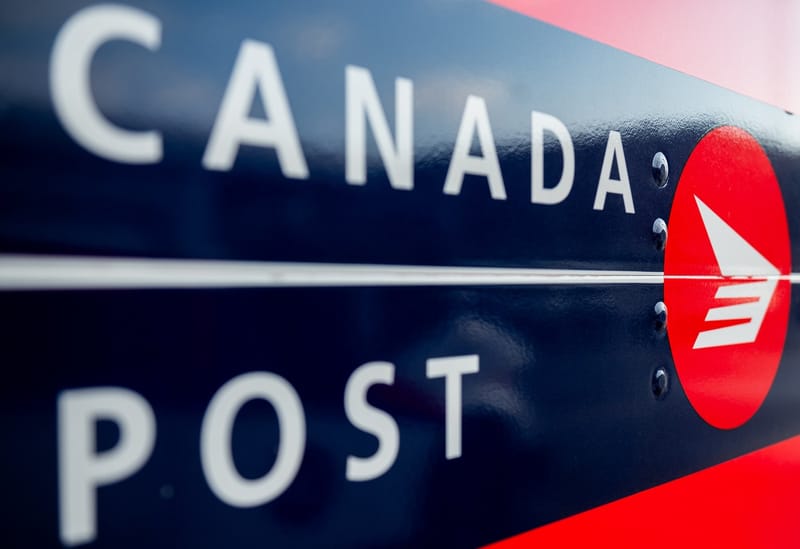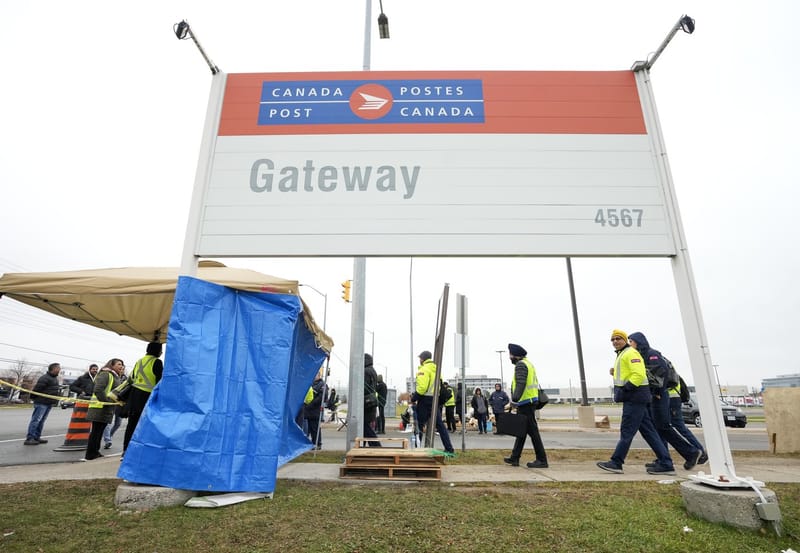Canada's inflation rate falls to 2.5% in July, lowest since March 2021
"With inflation risks fading, the central bank's focus has pivoted to weakness in the rest of the economy," he said.

Canada's annual inflation rate dropped to 2.5 per cent in July — down from 2.7 per cent in June, Statistics Canada said Tuesday.
The national statistics agency said inflation increased at the slowest pace in more than three years, since March 2021.
The deceleration was attributed in part to lower prices for travel as compared to a year earlier, when travel tours, airline tickets and accommodation soared in the first summer without COVID-19 restrictions.
Passenger vehicles and electricity also saw a year-over-year decrease in price.
The cost of groceries rose at a rate of 2.1 per cent, while shelter rose by 5.7 per cent.
Rent costs rose by 8.5 per cent year over year, while mortgage interest was 21 per cent higher amid the hikes in interest rates that began in early 2022.
More rate cuts coming?
Overall, price pressures in Canada have steadily eased this year, bringing the annual inflation rate below three per cent since January.
The Bank of Canada has been encouraged by this progress and lowered its key interest rate at its last two decision meetings.
Governor Tiff Macklem has signalled more rate cuts are coming, as long as inflation continues to slow.
At the last interest rate announcement, Macklem said the governing council decided to lower its policy rate, in part to help the economy pick up speed again.
Its key interest rate now stands at 4.5 per cent.
TD Bank senior economist James Orlando said in a statement there's "nothing stopping the bank from cutting rates by another 25 basis points."
"With inflation risks fading, the central bank's focus has pivoted to weakness in the rest of the economy," he said.
The central bank is scheduled to make its next interest rate announcement on Sept. 4.





